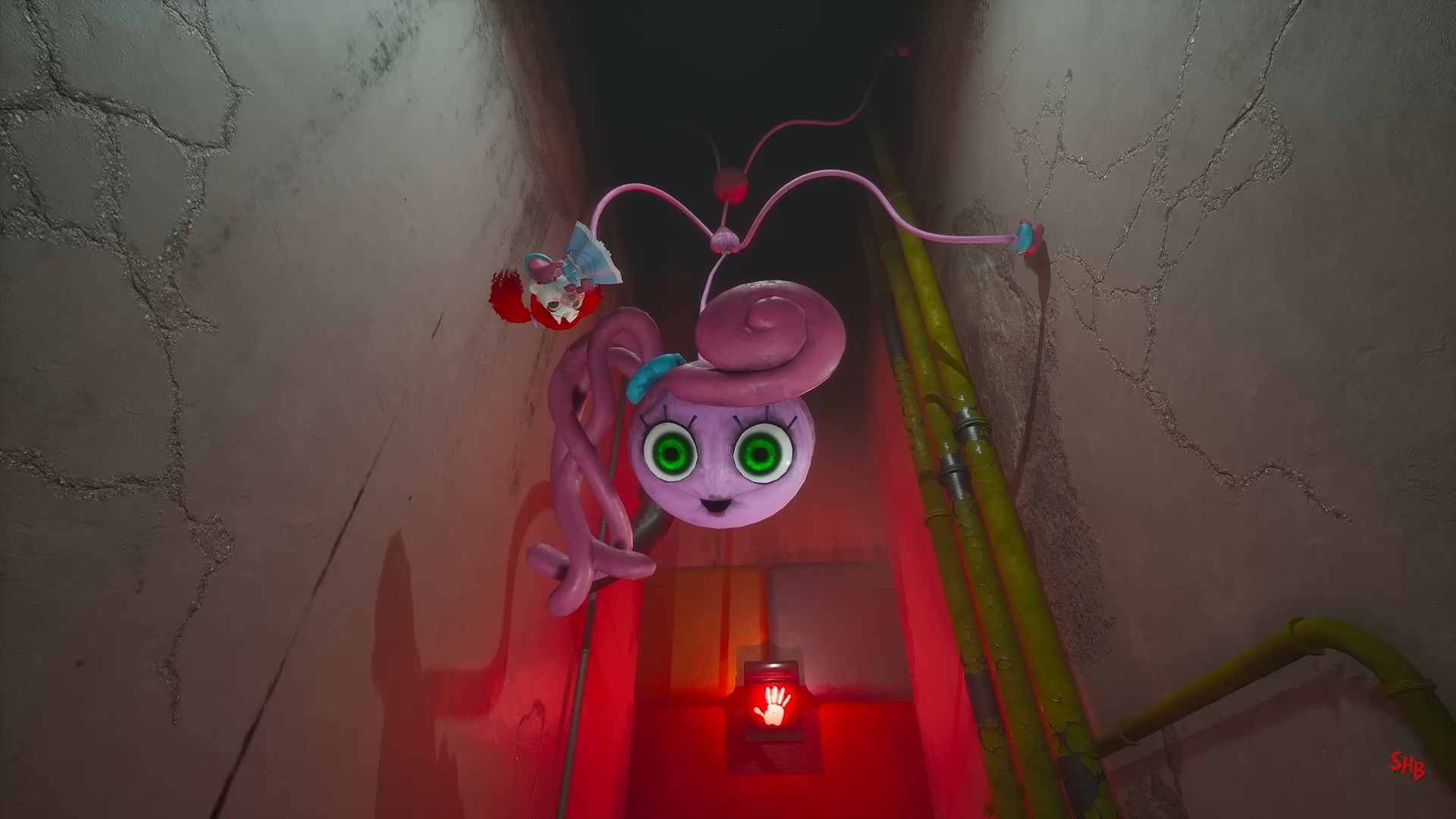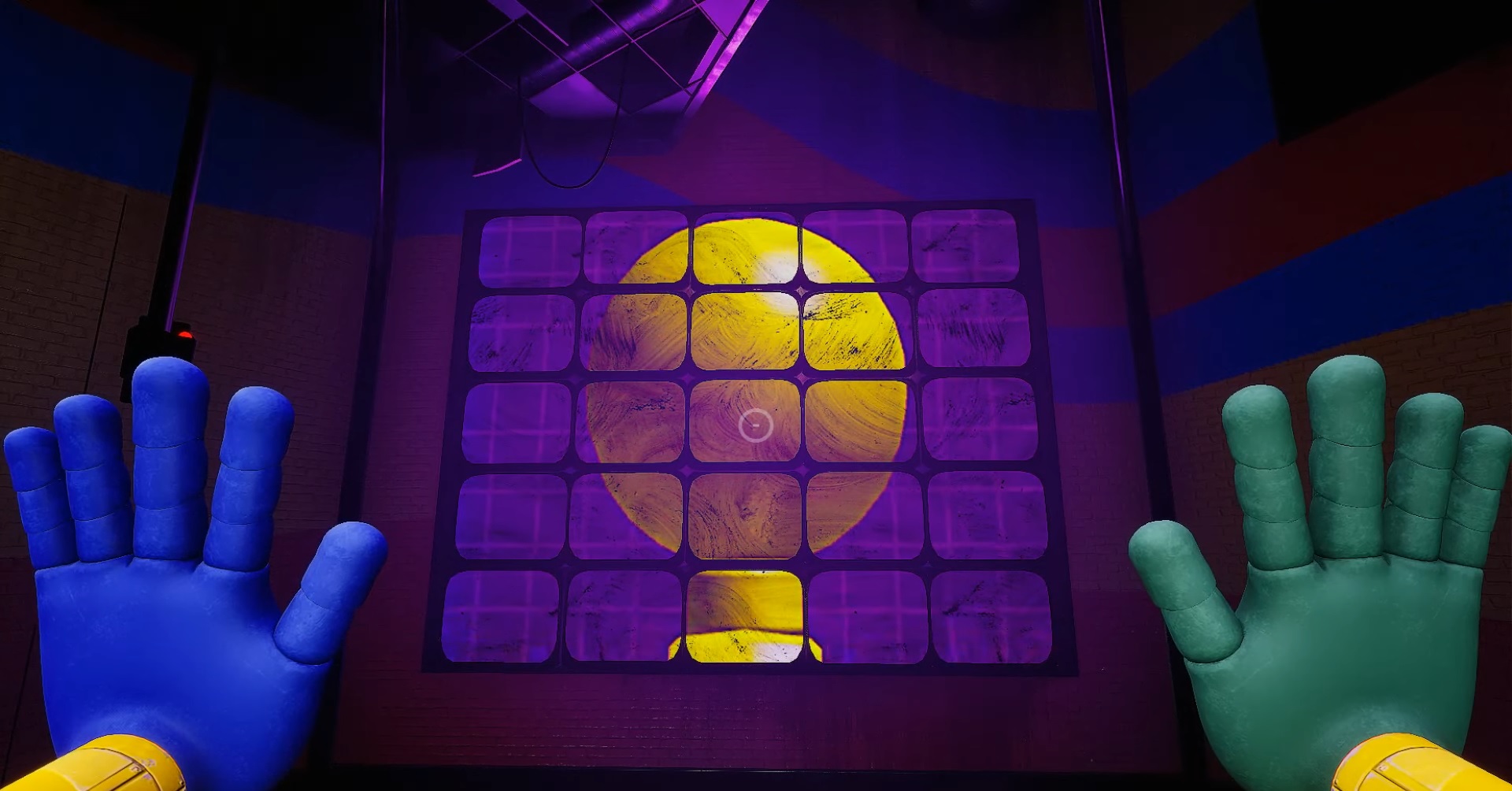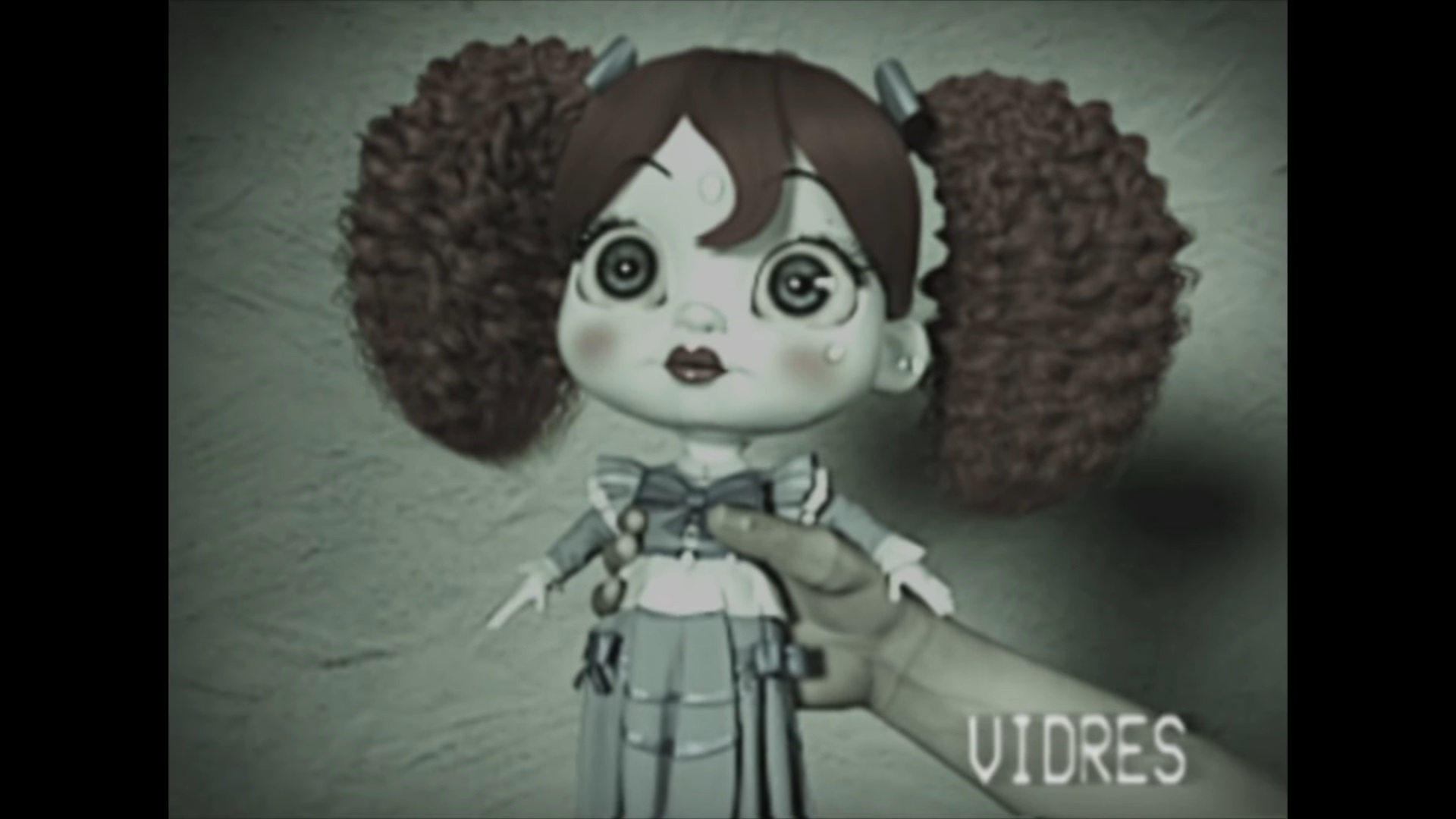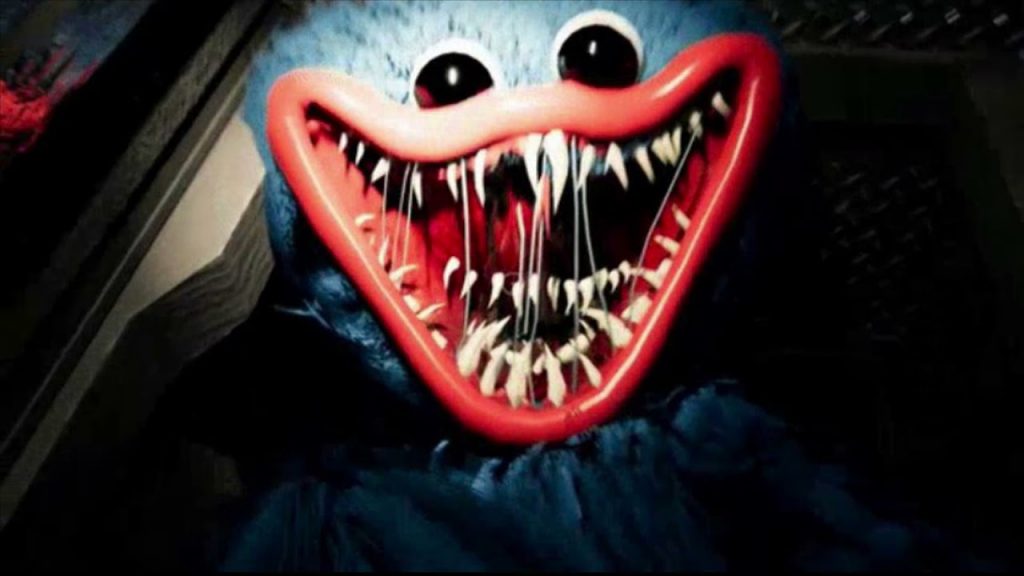Are you counting down the days until the release of Poppy Playtime 3? While we eagerly await the arrival of the newest installment in this spine-chilling horror game series, let’s take a trip down the rabbit hole of some of Poppy Playtime’s craziest fan theories that have emerged so far.
From sinister government experiments to hidden messages in the glitches, these theories will make you see Poppy in a whole new light. Strap in and prepare to have your mind blown as we unveil the secrets of this unnerving game.
Whether you’re a die-hard Poppy Playtime fan or just looking for your next horror fix, these theories are a must-read. So, without further ado, let’s delve into the twisted world of Poppy Playtime and uncover the truth behind this spine-chilling game.
#10: Poppy is possessed by the spirit of a young girl who died in the factory.
According to the theory, the girl’s ghost is out for vengeance on the factory’s owners and workers for their roles in her untimely demise. Fans of the game also believe that the girl’s soul is attempting to warn the player of the dangers present in the factory.
There are hints throughout Poppy Playtime that bring attention to this assumption, such as the voices and the cryptic notes she leaves behind. Poppy’s eerie and scary visage may reflect the malevolent spirit of the girl.
This fan theory suggests that there is a sinister backstory behind Playtime Co. and that Poppy is more than a simple toy; she is the vehicle for the ghost of a murdered girl who is out for revenge.
#9: Playtime Co. is a Portal to Another Dimension
Through specific windows of the Playtime Co. building, for instance, the player can catch a glimpse of a mysterious, otherworldly environment. Not only that, but rooms emerge and disappear from the building at will.

The toys also appear to have supernatural powers such as teleportation and the ability to walk through walls. This indicates that they are not merely robots, but rather living beings from another planet that have entered ours through the Playtime Co. gateway.
#8: Poppy is a Metaphor for Childhood Trauma
Dark and foreboding corridors fill the factory, representing the confusion and fear that children may experience during traumatic events. The toys are unsettling and sometimes even grotesque, representing the way that trauma can twist and distort a child’s perception of the world.
One could see the puzzles and challenges in Poppy Playtime as a symbolic representation of the difficult and often confusing process of confronting and overcoming trauma. The player character’s goal of finding and repairing Poppy could represent the need to confront and heal from childhood trauma in order to move forward.
#7: Poppy is an Artificial Intelligence
Poppy’s complex actions and interactions with the player show a level of intelligence and awareness that goes beyond that of a mere robot. Poppy Playtime’s puzzles and challenges suggest her superior powers, as they require a high degree of strategic thinking and problem-solving.
In addition, the game’s lore implies that a genius inventor built Poppy, suggesting that he was the driving force behind the development of AI. This might be a reference to real-life tech magnates like Elon Musk and Mark Zuckerberg, both of whom have professed an interest in developing cutting-edge AI systems.
#6: The Player is Trapped in a Virtual Reality Simulation
The visuals in Poppy Playtime have a stylized, manufactured aspect, which may lead players to believe that the setting is fictional. To further emphasize that the player is in a digital environment, several of the game’s challenges require them to manipulate or interact with digital things. The player is trapped in a virtual world and must figure out how to escape in order to progress through the game.

#5: Poppy is an Innocent Child
Throughout the game, Poppy seems to be sending the player character encoded or scrambled messages, possibly to avoid detection by the factory’s surveillance systems.
Furthermore, the design of Poppy itself implies that the factory turned a normal child into a machine, supporting the idea that Poppy is an innocent victim who the factory is holding against her will.

#4: Poppy Playtime Connected to Slenderverse?
Both Poppy Playtime and the Slenderverse deal with themes of childhood trauma, mental illness, and the unknown. The dark and unsettling imagery found in both also suggests a shared aesthetic and tone.
#3: Poppy Playtime is a Prequel
There are several clues in the game that support this theory. For example, there are hints that suggest there is more to the story than what we see on the surface. The mysterious backstory of Poppy and the factory itself suggests that players can explore a much deeper and darker history.
Poppy Playtime 1 and 2 ended on a cliffhanger. The factory seemingly traps the player and leaves the fate of Poppy uncertain. This suggests that there is more to the story than what we see in the first game. Poppy Playtime 3 will continue to explore the mysteries and horrors of the Poppy Playtime universe.
#2: Dangers of Corporate Greed
The theory suggests that the dark and foreboding atmosphere of the factory, as well as the dangerous and malfunctioning toys, represent the dangers of working in an environment that values profit over people.
The player navigates the dangerous factory to uncover the truth behind the company’s practices, embodying the call for workers to demand better working conditions and fair treatment and stand up against corporate greed.
Various messages and documents detailing the company’s shady practices and disregard for safety could be interpreted as a critique of real-life corporations prioritizing profit over the well-being of their employees and consumers.
#1: Playtime Co. is a Secret Government Organization
The company guards the factory so heavily and maintains secrecy because it is involved in top-secret projects and experiments. High-tech equipment and advanced technology fill Playtime Co., indicating that the company engages in cutting-edge research and development. The advanced toys also suggest that they were created for a specific purpose beyond just entertainment.
Additionally, there are various references to government and military organizations throughout the game, such as the presence of surveillance cameras and seemingly evil genius scientists. This further suggests that Playtime Co. may be involved in secret government projects.
